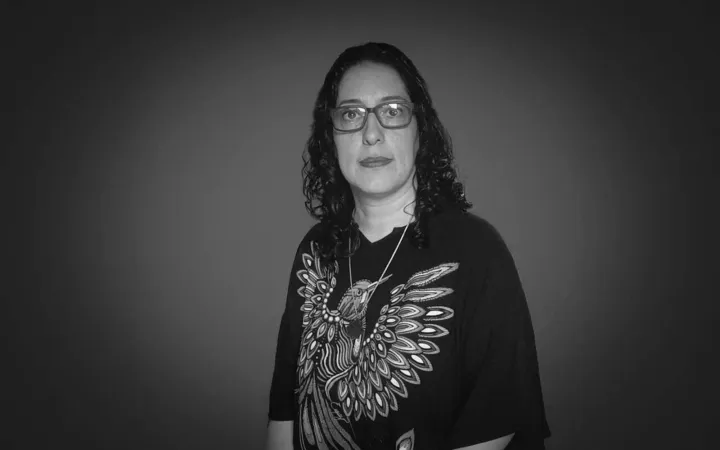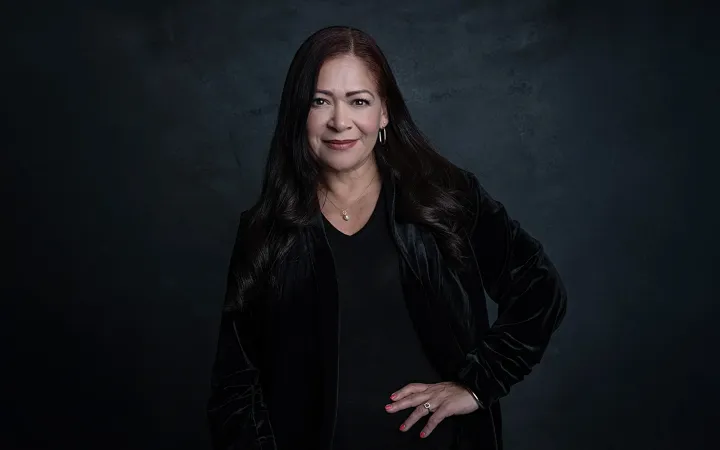
Por Susana Moscatel
“Los reportes acerca de mi muerte han sido extremadamente exagerados”, respondió famosamente Mark Twain en 1897, debido a que un periódico estaba a punto de publicar la “trágica noticia”, confundiéndolo con un familiar. Diez años después, fue el New York Times donde sí se publicó que el autor había fallecido en el mar, después de que varios yates habían sido perdidos de vista por las malas condiciones del clima. Como él no había zarpado aún, se encontró en la posibilidad de desmentir en el mismo periódico la falsa noticia, escribiendo al respecto. Ouch.
Este es uno de muchos ejemplos históricos de noticias falsas y eso es lo que significaban hasta hace poco tiempo. Una noticia que no era verdadera. No eran herramientas de político para desacreditar a sus opositores o al periodismo en sí. Tampoco eran planeadas, de hecho pocas vergüenzas más grandes para un editor que publicar algo tan claramente falso. Me pregunto si hoy en día ese calibre de vergüenza aún opera en los medios de comunicación.




